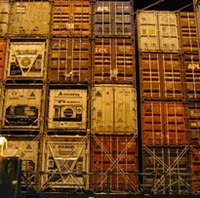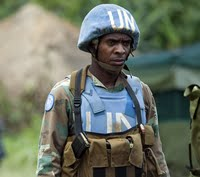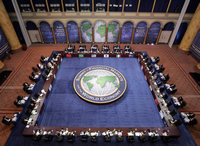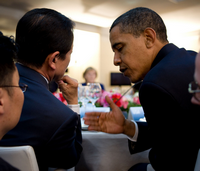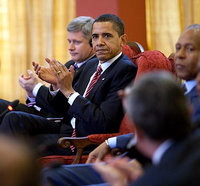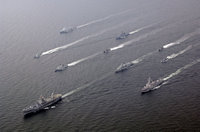
Over the last three decades, international migration has become an important part of the world economy, providing vital labor for industrial countries. Migration has also become a major resource for origin countries, helping to lift millions of people out of poverty and contributing to national income and development finance. The global economic crisis (GEC), which led to massive declines in investment and production all over the world, was widely expected to also lead to a fall in migration. Analysts also expected that many migrants would return to their homelands, and that worker remittances would decline. Although the current fragmentary data […]

